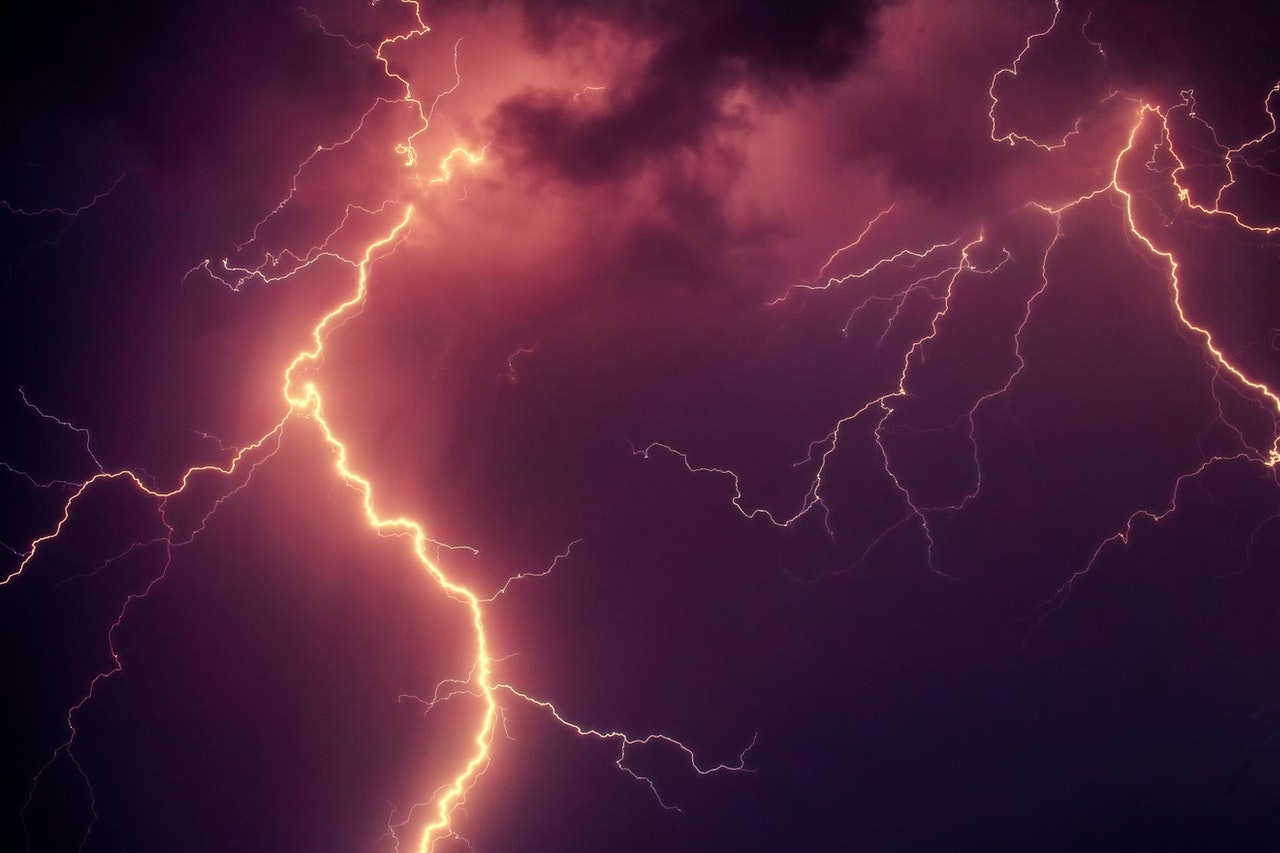Thunderstorms can do a lot of damage to your house, especially when you’re not prepared. Fierce winds can knock out your power and leave you in the dark. Lightning can cause major power surges. Heavy rains can flood your Allen and Roth flooring and spill into your basement.
So, how can you prepare for thunderstorms? Follow these steps as soon as possible:
Prepare for Power Outages
Severe storms can knock out your home’s access to power. You’ll have no access to lighting, heating, internet and electronic devices indefinitely. If the power outage is short-lived, this could be a minor inconvenience. But power outages can last for hours — even days — before getting resolved.
What can you do? Put together a household emergency kit that includes battery-operated flashlights, bottled water and non-perishable food. This will help you get through the power outage when you need to stay in place.
In certain cases, you may need to evacuate — not stay in place. Stock your home with supplies like a stair climbing chair to help your family evacuate. What’s a stair climbing chair? It’s an emergency evacuation tool that can help people with mobility issues get up and down stairs. So, if your elderly parent lives with you and struggles to get down the stairs without an electronic stairlift, you can use this non-electronic tool to get them out of the house quickly and safely.
Prepare for Power Surges
Lightning is a common cause of power surges. A power surge is a sudden and sharp increase of current or voltage. A power surge can overwhelm your home’s electrical circuit and damage any electronics that are plugged in.
A simple way to protect your appliances from this problem is to unplug them during a major storm or a power outage. For additional protection, you can have a professional electrician install a whole-home surge protection device. This should keep your appliances safe in times when you can’t unplug them —like when you’re asleep or listening to songs on the couch.
A surge protector will not work with ungrounded outlets. If your home has ungrounded outlets, you should have an electrician fix that right away.
Prepare for Basement Flooding
Heavy rainfall can overwhelm your foundation and flood your basement. You can prevent this disaster by improving your home’s drainage system — this will collect and re-direct rainwater away from your foundation, keeping your basement dry. These are some ways that you can improve the drainage system:
- Clear dead leaves, twigs and other debris from the gutters.
- Extend your roof downspout two metres from your foundation.
- Grade your yard so that it slopes away from your house, not toward it.
- Install a sump pump in the basement. If you already have one, test it to see that it’s in good working condition.
If your house is located in a neighbourhood with a combined sewer system, you should also get a backwater valve installed. In times of heavy rainfall, combined sewer systems can get overwhelmed. The system will send that overflow into the neighbourhood’s main lines. So, you might find sewer backup coming up through your basement drains.
A backwater valve is a flap installed in your home’s main line that allows waste to go toward the sewer system but stops anything from coming back. Even when the combined sewer system overflows, your basement will stay dry.
Take these steps so that your house (and everyone inside it) will be just fine when the next storm rolls in.

